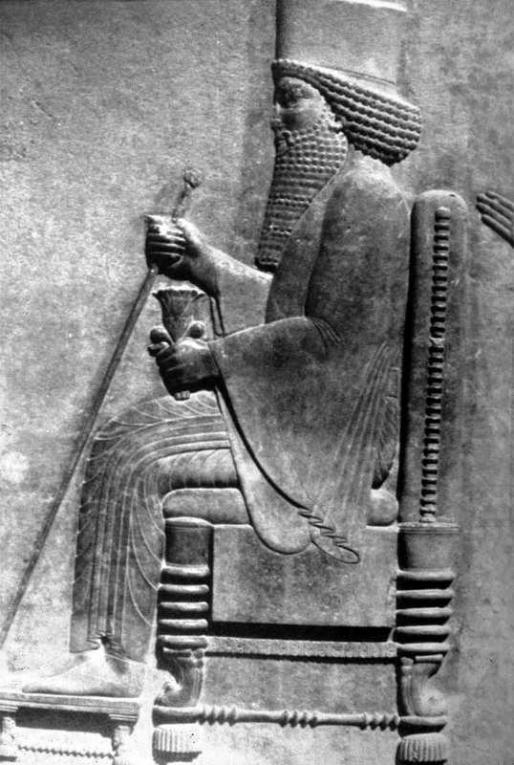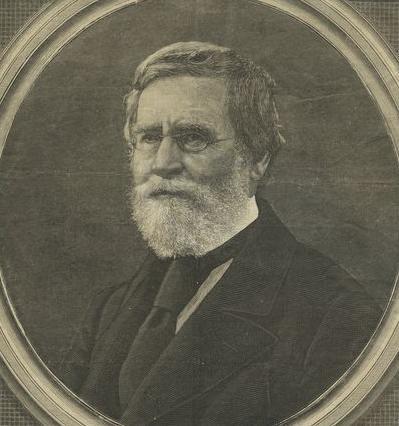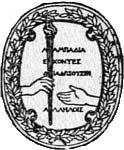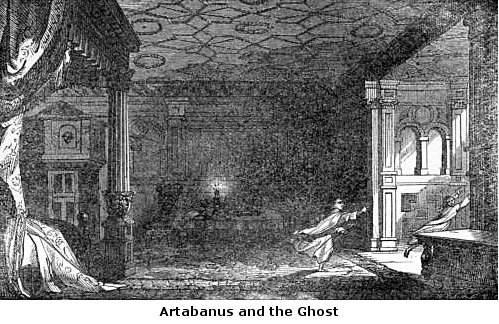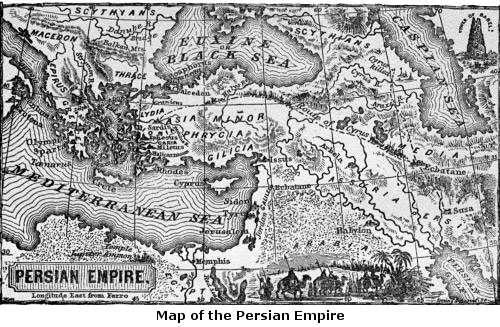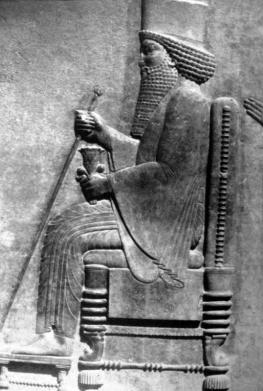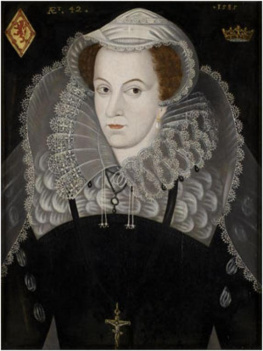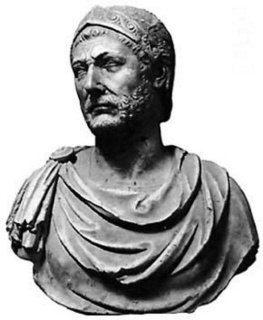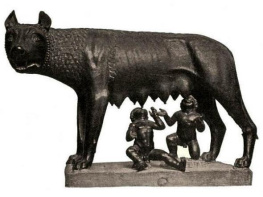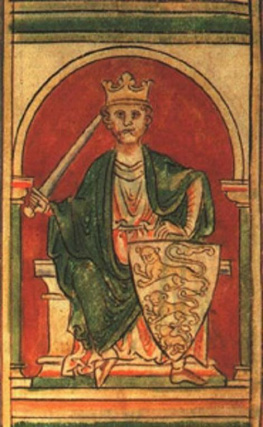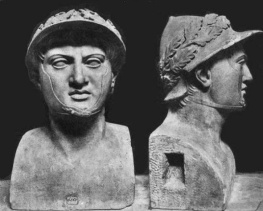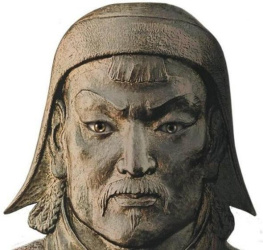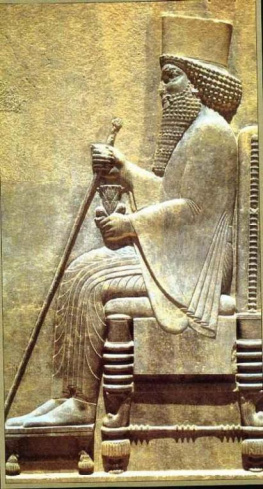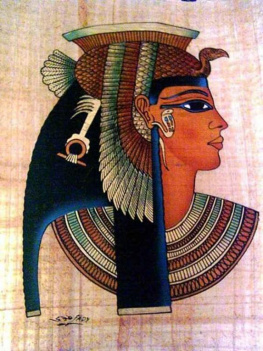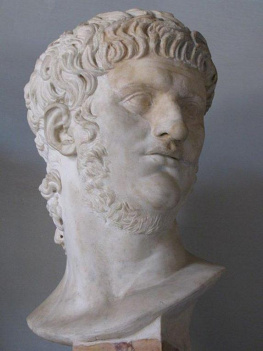Makers of History
Xerxes
by
JACOB ABBOTT
WITH ENGRAVINGS
NEW YORK AND LONDON
HARPER & BROTHERS PUBLISHERS
1902
Entered, according to Act of Congress, in the year 1850, by
HARPER & BROTHERS,
In the Clerks Office for the Southern District of New York.
Copyright, 1878, by JACOB ABBOTT
Table of Contents
ENGRAVINGS.
PREFACE.
One special object which the author of this series has had in view, in the plan and method which he has followed in the preparation of the successive volumes, has been to adapt them to the purposes of text-books in schools. The study of a general compend of history, such as is frequently used as a text-book, is highly useful, if it comes in at the right stage of education, when the mind is sufficiently matured, and has acquired sufficient preliminary knowledge to understand and appreciate so condensed a generalization as a summary of the whole history of a nation contained in an ordinary volume must necessarily be. Without this degree of maturity of mind, and this preparation, the study of such a work will be, as it too frequently is, a mere mechanical committing to memory of names, and dates, and phrases, which awaken no interest, communicate no ideas, and impart no useful knowledge to the mind.
A class of ordinary pupils, who have not yet become much acquainted with history, would, accordingly, be more benefited by having their attention concentrated, at first, on detached and separate topics, such as those which form the subjects, respectively, of these volumes. By studying thus fully the history of individual monarchs, or the narratives of single events, they can go more fully into detail; they conceive of the transactions described as realities; their reflecting and reasoning powers are occupied on what they read; they take notice of the motives of conduct, of the gradual development of character, the good or ill desert of actions, and of the connection of causes and consequences, both in respect to the influence of wisdom and virtue on the one hand, and, on the other, of folly and crime. In a word, their minds and hearts are occupied instead of merely their memories. They reason, they sympathize, they pity, they approve, and they condemn. They enjoy the real and true pleasure which constitutes the charm of historical study for minds that are mature; and they acquire a taste for truth instead of fiction, which will tend to direct their reading into proper channels in all future years.
The use of these works, therefore, as text-books in classes, has been kept continually in mind in the preparation of them. The running index on the tops of the pages is intended to serve instead of questions. These captions can be used in their present form as topics , in respect to which, when announced in the class, the pupils are to repeat substantially what is said on the page; or, on the other hand, questions in form, if that mode is preferred, can be readily framed from them by the teacher. In all the volumes, a very regular system of division is observed, which will greatly facilitate the assignment of lessons.
CHAPTER I. THE MOTHER OF XERXES.
B.C. 522-484
The name of Xerxes is associated in the minds of men with the idea of the highest attainable elevation of human magnificence and grandeur. This monarch was the sovereign of the ancient Persian empire when it was at the height of its prosperity and power. It is probable, however, that his greatness and fame lose nothing by the manner in which his story comes down to us through the Greek historians. The Greeks conquered Xerxes, and, in relating his history, they magnify the wealth, the power, and the resources of his empire, by way of exalting the greatness and renown of their own exploits in subduing him.
The mother of Xerxes was Atossa, a daughter of Cyrus the Great, who was the founder of the Persian empire. Cyrus was killed in Scythia, a wild and barbarous region lying north of the Black and Caspian Seas. His son Cambyses succeeded him.
A kingdom, or an empire, was regarded, in ancient days, much in the light of an estate, which the sovereign held as a species of property, and which he was to manage mainly with a view to the promotion of his own personal aggrandizement and pleasure. A king or an emperor could have more palaces, more money, and more wives than other men; and if he was of an overbearing or ambitious spirit, he could march into his neighbors territories, and after gratifying his love of adventure with various romantic exploits, and gaining great renown by his ferocious impetuosity in battle, he could end his expedition, perhaps, by adding his neighbors palaces, and treasures, and wives to his own.
Divine Providence, however, the mysterious power that overrules all the passions and impulses of men, and brings extended and general good out of local and particular evil, has made the ambition and the selfishness of princes the great means of preserving order and government among men. These great ancient despots, for example, would not have been able to collect their revenues, or enlist their armies, or procure supplies for their campaigns, unless their dominions were under a regular and complete system of social organization, such as should allow all the industrial pursuits of commerce and of agriculture, throughout the mass of the community, to go regularly on. Thus absolute monarchs, however ambitious, and selfish, and domineering in their characters, have a strong personal interest in the establishment of order and of justice between man and man throughout all the regions which are under their sway. In fact, the greater their ambition, their selfishness, and their pride, the stronger will this interest be; for, just in proportion as order, industry, and internal tranquillity prevail in a country, just in that proportion can revenues be collected from it, and armies raised and maintained.
It is a mistake, therefore, to suppose of the great heroes, and sovereigns, and conquerors that have appeared from time to time among mankind, that the usual and ordinary result of their influence and action has been that of disturbance and disorganization. It is true that a vast amount of disturbance and disorganization has often followed from the march of their armies, their sieges, their invasions, and the other local and temporary acts of violence which they commit; but these are the exceptions, not the rule. It must be that such things are exceptions, since, in any extended and general view of the subject, a much greater amount of social organization, industry, and peace is necessary to raise and maintain an army, than that army can itself destroy. The deeds of destruction which great conquerors perform attract more attention and make a greater impression upon mankind than the quiet, patient, and long-continued labors by which they perfect and extend the general organization of the social state. But these labors, though less noticed by men, have really employed the energies of great sovereigns in a far greater degree than mankind have generally imagined. Thus we should describe the work of Caesars life in a single word more truly by saying that he organized Europe, than that he conquered it. His bridges, his roads, his systems of jurisprudence, his coinage, his calendar, and other similar means and instruments of social arrangement, and facilities for promoting the pursuits of industry and peace, mark, far more properly, the real work which that great conqueror performed among mankind, than his battles and his victories. Darius was, in the same way, the organizer of Asia. William the Conqueror completed, or, rather, advanced very far toward completing, the social organization of England; and even in respect to Napoleon, the true and proper memorial of his career is the successful working of the institutions, the systems, and the codes which he perfected and introduced into the social state, and not the brazen column, formed from captured cannon, which stands in the Place Vendome.
